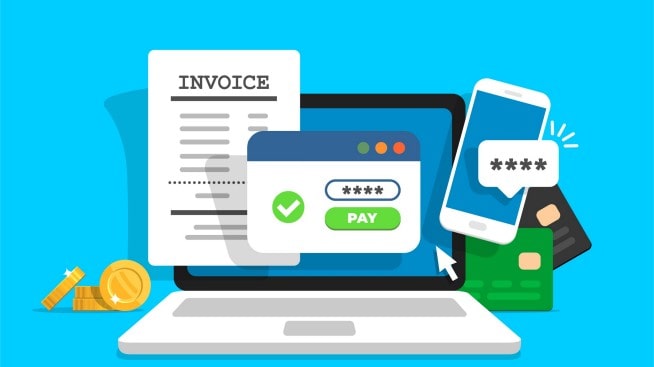How long does bankruptcy stay on credit report?

Your payment history is one of the most important elements the major credit bureaus use to determine your credit score. Therefore, filing bankruptcy can have a huge impact on your credit report. The good news is that a bankruptcy filing does not stay on your record forever. The amount of time it takes to get it removed from your credit report depends on which type of bankruptcy it is.
The two main types of personal bankruptcy and how they affect your credit report
When does bankruptcy get removed from your credit report? That depends on what type of bankruptcy it is.
Chapter 7 bankruptcy
A Chapter 7 bankruptcy means that any qualifying assets — like a car, property you own or expensive jewelry could be liquidated. The proceeds would go towards the debt, then a discharge releases most other debts. This means that you won't have to repay them. However, not all types of debt are dischargeable through Chapter 7 bankruptcy. Debts such as child support, alimony, most student loans, and certain tax debts are typically not discharged.
A Chapter 7 bankruptcy is typically removed from your credit report 10 years after the date you filed, and this is done automatically, so you don't have to initiate that removal.
Chapter 13 bankruptcy
Chapter 13 bankruptcy, also called a wage earner's plan, considers the wages you earn regularly. This bankruptcy type allows people with regular income to develop a repayment plan for part or all their debt. Chapter 13 bankruptcy is typically removed from your credit report seven years after the date you filed, and this is done automatically. The turnaround is quicker because you're required to at least partially repay your debt.
Can bankruptcy be removed from records more quickly?
If you notice any incorrect information related to the bankruptcy in your credit report, you can file a dispute with the three major credit reporting bureaus to have the information corrected before the typical seven or 10-year marks.
By law, Experian™, Equifax® and TransUnion® must remove incorrect information from your credit report.
How to rebuild your credit after filing for bankruptcy
Filing for bankruptcy does affect your credit score in a significant way. However, you can start rebuilding your credit before your bankruptcy is removed from your credit report. As time goes on, you may be less affected by the bankruptcy status, even before you hit the seven or 10-year mark. Here are a few ways you can work to build your credit again.
Make payments on time
Payment history has a high impact on your credit score. If you have other accounts not included in the bankruptcy, it can be beneficial to make sure you're making the monthly payments on time.
Get a co-signer
If you have a relative or friend who has good credit and is willing to act as a co-signer, that could help you get a small loan or credit card. Keep in mind, any negative information you create will also appear on your co-signer's credit report. So, you may want to be extra mindful to keep your balance low and make all your payments on time.
Become an authorized user
Another option is to have a close family member or friend with good credit add you to their account as an authorized user. An authorized user has access to a credit card with the account but isn't responsible for repaying the debt. You might want to check that the card issuer reports authorized users to the major credit reporting bureaus, though. Being an authorized user may help improve your credit when reported.
Although bankruptcy is a significant event in a person's financial journey, it does not follow you forever. You can rebuild your credit slowly over time while you wait for the bankruptcy to be removed from your credit report.



